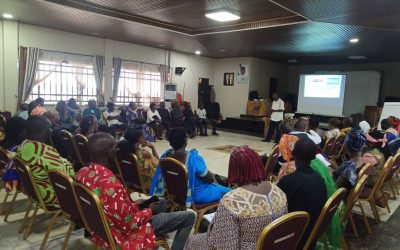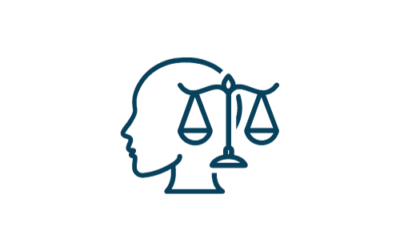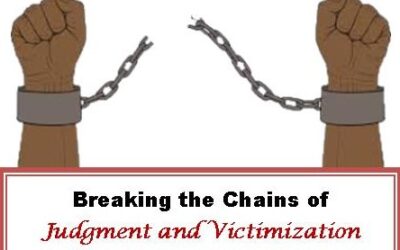Age assessment is one of the growing problems facing the adjudication of juvenile-related cases. This particularly became imperative after the promulgation of the Child Rights Act 2007, which provides a definition of a child and the minimum age of criminal responsibility. Even today, the prosecuting and defence counsel face difficulties in establishing the age of ‘juvenile’ offenders who do not have a birth certificate. This usually results in long, protracted legal arguments between both parties. The number of alleged juvenile offenders who claim not to have a birth certificate in simply amazing, thus raising suspicion that the certificates are deliberately destroyed just so to create the full range of accountability measures for adults who come in conflict with the law.
The Government of Sierra Leone and other international human rights organizations have come up with a set of age assessment guidelines to salvage the situation where there is no birth certificate to ascertain the age of the Juvenile. While this process has been helpful a times, there are instances where it has proved to be unsuccessful as most times the medical age assessment report prepared by the Sierra Leone Police’s medical doctor for the court rely is unable to determine the actual age of the alleged offenders. The medical doctor undertakes age assessment by relying for the most part on physical and morphological features, including dental examination. This method is fraught with huge gaps as it has proven to be inadequate in accurately determining the age of a child.
It is so deficient that it has sadly given some accused persons an opportunity to escape justice. An example of such was a case involving an offender who was alleged to have committed murder, which is a serious crime that carries life imprisonment. According to the particulars of offence, the offender murdered his peer, who lived with them in the same house under the guardianship of the same person. This matter was reported to the Lumley Police Station, where a statement was obtained from the accused offender. In his statement, he said he was seventeen years old, which was faithfully recorded by the investigation officer. This account was also confirmed by their guardian, who had been taking care of both the deceased and alleged offender for a long time.
During the proceedings, Defense for Children International, a nongovernmental organization that monitors juvenile cases in court and also provides these offenders with the services of a lawyer, especially for serious crimes like murder, provided a lawyer for the alleged offender. The defense counsel submitted to the bench that the offender was below the age of 14 years, and therefore, below the age of criminal responsibility. The lawyer relied on Section 70 of the Child Right Act 2007 which states that “in any judicial proceeding in Sierra Leone, a child shall not be held to be criminally responsible for his action if he is below the age of fourteen years”. The police prosecutor that was handling the case objected to the application made by the defense counsel on the grounds that the case file before the court has the age of the offender stipulated as seventeen years. Since the offender does not have any birth certificate to prove his age before the court, the presiding Magistrate ruled that the offender be taken to the certified medical doctor for the Sierra Leone Police (which is not ideal in itself) for age assessment procedures to be administered. The age assessment report was very suspicious, to say the least. The report showed that the age of the offender was thirteen (13) years, thus allowing the Magistrate to discharge the alleged offender as he is not criminally liable before the law. This is simply unfortunate, and a step back in fostering accountability for such heinous crimes.
During the course of our monitoring, we have observed that there are serious gaps in following age assessment guidelines by police investigators. They are supposed to use both formal and informal method to ascertain the age of an offender, but in most cases, they just ask the offender for his or her age. They don’t further investigate if the offender is a school going child in order to cross check with the School administration about the age of the offender or use historic events to ascertain the age.
Another example relates to a case involving an offender at the Remand Home who told CARL that when he was in police custody, he told the officer that obtained statement from him that he is thirteen (13) years old, but the police officer challenged his own account and insisted that the boy is seventeen years old. The police officer allegedly failed to follow the methodology in the age assessment guidelines, and subsequently remanded the boy.
The Centre for Accountability and Rule of Law (CARL) seeks to draw the attention of the Sierra Leone Government, particularly the judiciary, the Social Welfare Ministry and the leadership of the Sierra Leone Police to the myriad issues confronting juvenile justice in Sierra Leone. These include limited remand home facilities across the country, weak age assessment systems, lack of effective rehabilitation systems, among others.
Accordingly, we recommend the following:
That police investigators should be the in the national age assessment guidelines. Although training was conducted for police officers relating to age assessment of juvenile offenders, it seems that because police officers get transferred all the time, there are now many officers who investigate alleged crimes relating to children who have never received any such training. Also, Police officer must thought it wise and be competent enough to follow the right procedure of age assessment.
There is also a pressing need for providing logistics to the Remand Home to help them do their job effectively. Logistics and equipment such as computers to input information concerning the offender for records keeping is extremely relevant.
There is also need to focus a bit more on the welfare and cognitive development of the kids in remand home. Neglecting them can only make their future bleak, which would have serious implications for national development efforts.



